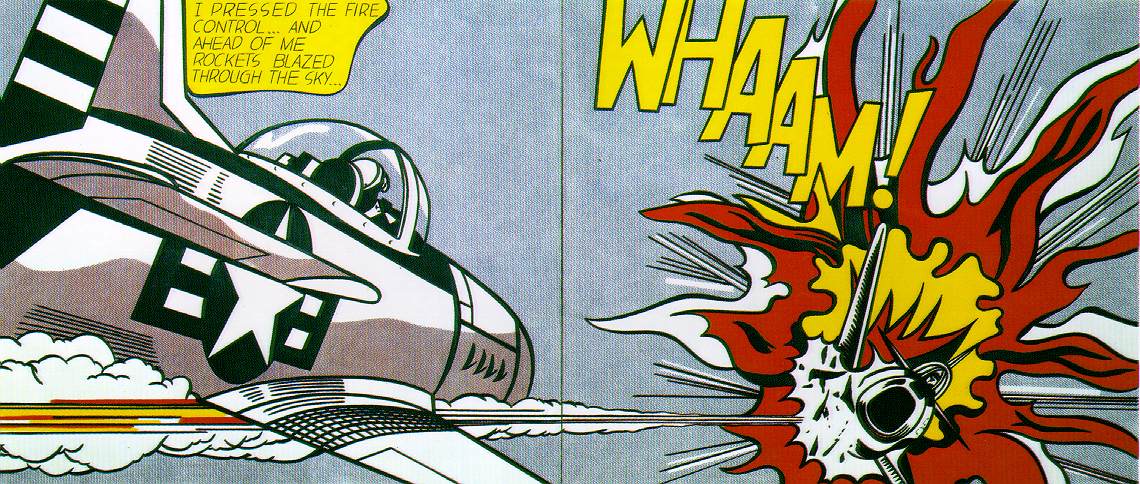Over the last year, The New York Times has twice published reports about secret antiterrorism programs being run by the Bush administration. Both times, critics have claimed that the paper was being unpatriotic or even aiding the terrorists. Some have even suggested that it should be indicted under the Espionage Act. There have been a handful of times in American history when the government has indeed tried to prosecute journalists for publishing things it preferred to keep quiet. None of them turned out well — from the Sedition Act of 1798 to the time when the government tried to enjoin The Times and The Washington Post from publishing the Pentagon Papers.
As most of our readers know, there is a large wall between the news and opinion operations of this paper, and we were not part of the news side's debates about whether to publish the latest story under contention — a report about how the government tracks international financial transfers through a banking consortium known as Swift in an effort to pinpoint terrorists. Bill Keller, the executive editor, spoke for the newsroom very clearly. Our own judgments about the uproar that has ensued would be no different if the other papers that published the story, including The Los Angeles Times and The Wall Street Journal, had acted alone.
The Swift story bears no resemblance to security breaches, like disclosure of troop locations, that would clearly compromise the immediate safety of specific individuals. Terrorist groups would have had to be fairly credulous not to suspect that they would be subject to scrutiny if they moved money around through international wire transfers. In fact, a United Nations group set up to monitor Al Qaeda and the Taliban after Sept. 11 recommended in 2002 that other countries should follow the United States' lead in monitoring suspicious transactions handled by Swift. The report is public and available on the United Nations Web site.
But any argument by the government that a story is too dangerous to publish has to be taken seriously. There have been times in this paper's history when editors have decided not to print something they knew. In some cases, like the Kennedy administration's plans for the disastrous Bay of Pigs invasion, it seems in hindsight that the editors were over-cautious. (Certainly President Kennedy thought so.) Most recently, The Times held its reporting about the government's secret antiterror wiretapping program for more than a year while it weighed administration objections.
Our news colleagues work under the assumption that they should let the people know anything important that the reporters learn, unless there is some grave and overriding reason for withholding the information. They try hard not to base those decisions on political calculations, like whether a story would help or hurt the administration. It is certainly unlikely that anyone who wanted to hurt the Bush administration politically would try to do so by writing about the government's extensive efforts to make it difficult for terrorists to wire large sums of money.
From our side of the news-opinion wall, the Swift story looks like part of an alarming pattern. Ever since Sept. 11, the Bush administration has taken the necessity of heightened vigilance against terrorism and turned it into a rationale for an extraordinarily powerful executive branch, exempt from the normal checks and balances of our system of government. It has created powerful new tools of surveillance and refused, almost as a matter of principle, to use normal procedures that would acknowledge that either Congress or the courts have an oversight role.
The Swift program, like the wiretapping program, has been under way for years with no restrictions except those that the executive branch chooses to impose on itself — or, in the case of Swift, that the banks themselves are able to demand. This seems to us very much the sort of thing the other branches of government, and the public, should be nervously aware of. We would have been very happy if Congressman Peter King, the Long Island Republican who has been so vocal in citing the Espionage Act, had been as aggressive in encouraging his colleagues to do the oversight job they were elected to do.
The United States will soon be marking the fifth anniversary of the war on terror. The country is in this for the long haul, and the fight has to be coupled with a commitment to individual liberties that define America's side in the battle. A half-century ago, the country endured a long period of amorphous, global vigilance against an enemy who was suspected of boring from within, and history suggests that under those conditions, it is easy to err on the side of security and secrecy. The free press has a central place in the Constitution because it can provide information the public needs to make things right again. Even if it runs the risk of being labeled unpatriotic in the process.


